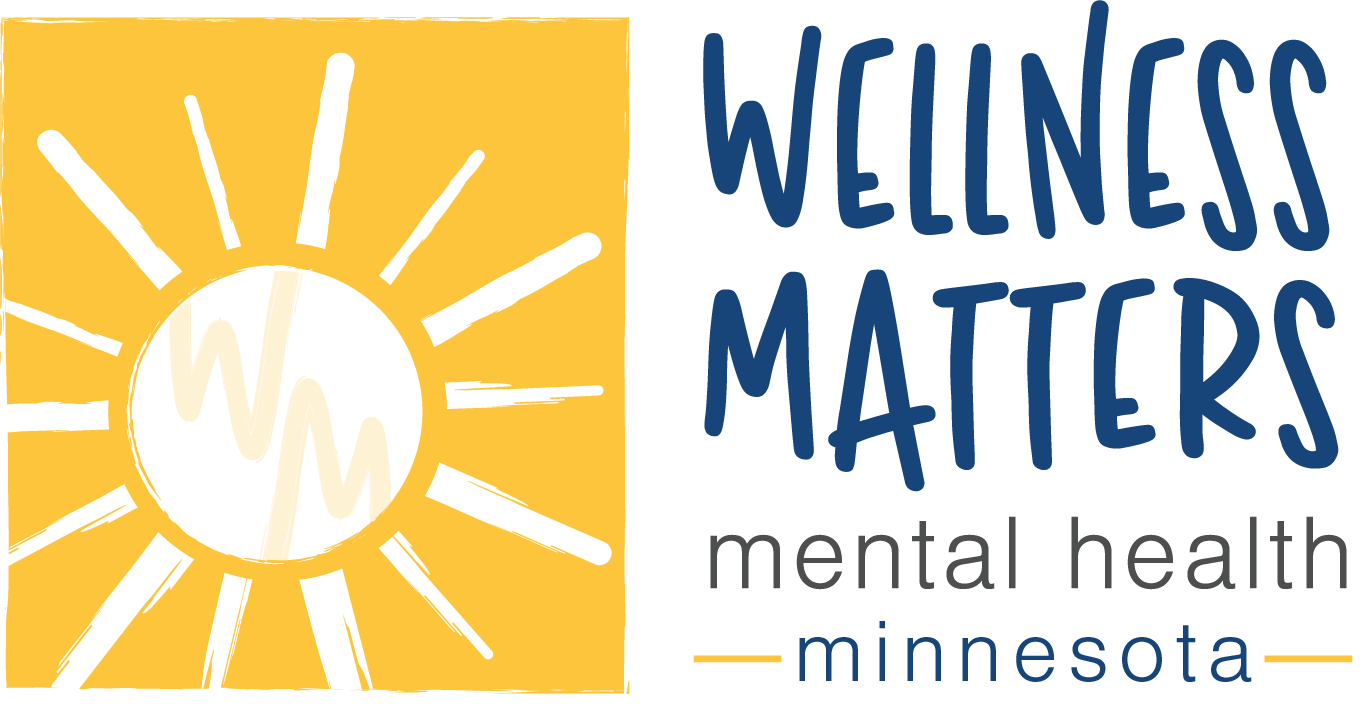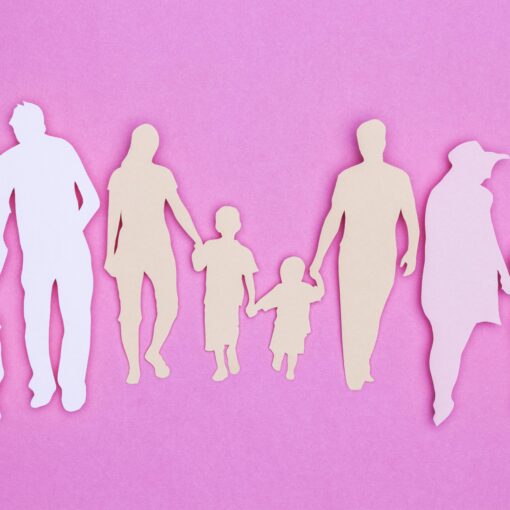Do you ever feel like you don’t understand your teenager?
First of all, join the club with just about every other parent! We’ve stereotyped the discord between parent and teen relationships for years. However, the reality is that you might not understand your teenager simply because their brain is working differently than yours. There are other factors, of course. The teenage years are a difficult stage of life. Your child is trying to figure out who they are and who they want to be while dealing with societal pressures, school, and so much more.
You can start to understand your teen better and even foster a closer connection with them by taking a look at how their brains are different. It’s not something most parents think about right away. But, by recognizing those differences, you can change your approach to understanding them.

The Rational Part of the Brain Isn’t Fully Developed
The rational part of the brain is the prefrontal cortex. By the time you reach adulthood, this is the part of your brain where you do most of your thinking. It’s what makes it easier to think through important decisions, solve problems, and not let your emotions get in the way of things (at least, not always).
It’s important to think with this part of the brain because it allows you to consider the long-term consequences of your actions. It helps you use good judgment when it comes to making decisions, rather than doing things on a whim or letting your heart lead instead of your head.
While teenagers obviously use this part of the brain as well, it isn’t as fully developed as it will be in adulthood. As a result, teens use the amygdala to make decisions, process choices, and work through problems.
Relying On Emotions
The amygdala is often referred to as the emotional part of the brain. The connection between the amygdala and the prefrontal cortex develops throughout the teenage years, but there’s no exact rate–everyone develops differently. That’s why it might seem as though some teenagers have an easier time making rational decisions than others.
As stated above, teens have to go through a lot on a daily basis. Much of what they’re going through can feel very emotional and almost overwhelming. Because they tend to think with their amygdala, the response to those emotional situations isn’t always thought through. Essentially, they’re thinking with their heart rather than their head.
The next time it seems like your teen is “blowing up” for no reason, take that into consideration. They might just be dealing with a lot and having a hard time processing what they’re feeling or how their decisions might impact things.

What Can You Do?
So, what can you do to understand your teen? Now that you know how their brain works, how can you connect with them?
Most importantly, let them know their thoughts and feelings are valid. Ask them if they want advice from you during a difficult time or if they just want you to listen. Talk about resiliency and the long-term effects of certain actions and behaviors. Doing so can help to reduce impulsive behavior and make it easier for them to connect to the prefrontal cortex.
Keep in mind that your teenager needs guidance, and you’re the best person to provide it.
It might not seem like they want to listen right now, but being a good role model and showing them how to work through problems and make healthy decisions will go a long way. Try to come to an understanding with them in every situation, and you’ll spend less time butting heads and more time working through their emotions together.

Wellness Matters as a Resource
Wellness Matters has therapists who specialize in working with children and young adults. Carolyn has has worked with clients from the age of 4 and into later adulthood. Her past work experience includes 12 years of providing support and counseling services to students pre-K through 12th grade. She also provides support to administrators, teachers, parents, guardians, and grandparents. Her passion is to help people overcome hardship and discover hope.
Feel free to contact Wellness Matters to set up an appointment. You can connect with the Wellness Matters Intake Coordinator by texting or calling 218-616-1276.
At Wellness Matters, the intake process is all on-line and can be done in less than fifteen minutes. On-line appointments make it possible to attend appointments from the comfort from your home or office. In-person services may also be available for people living in northern MN.



